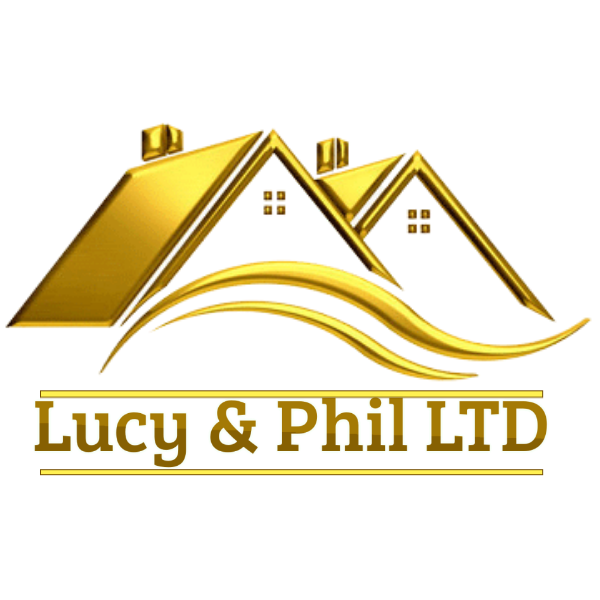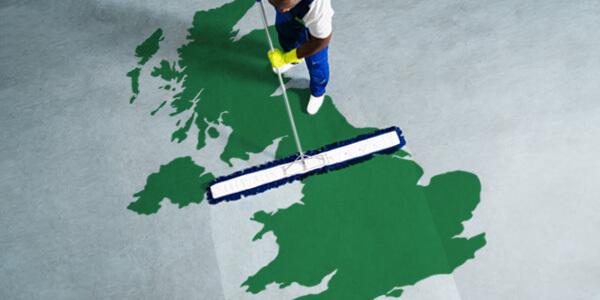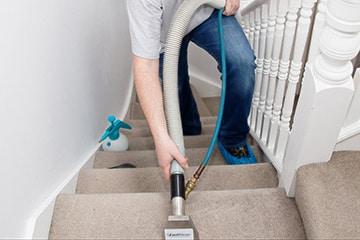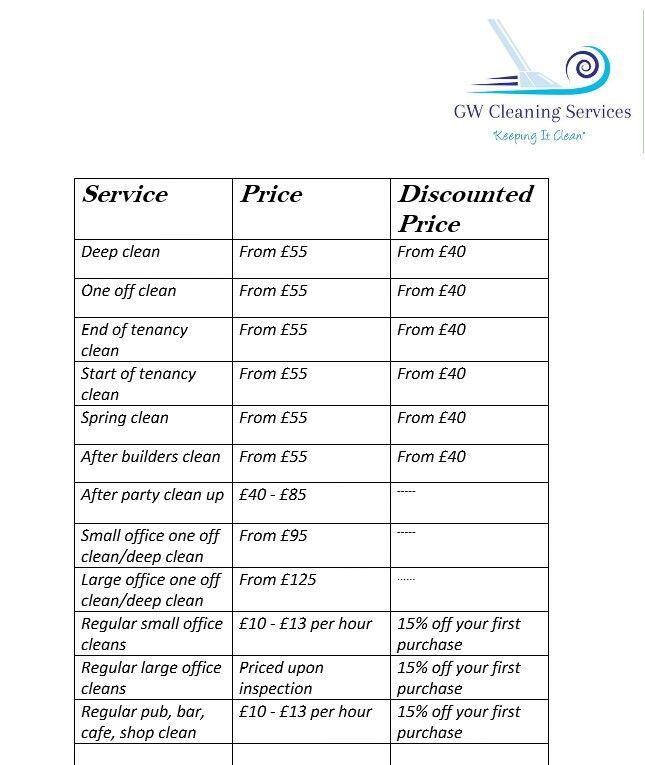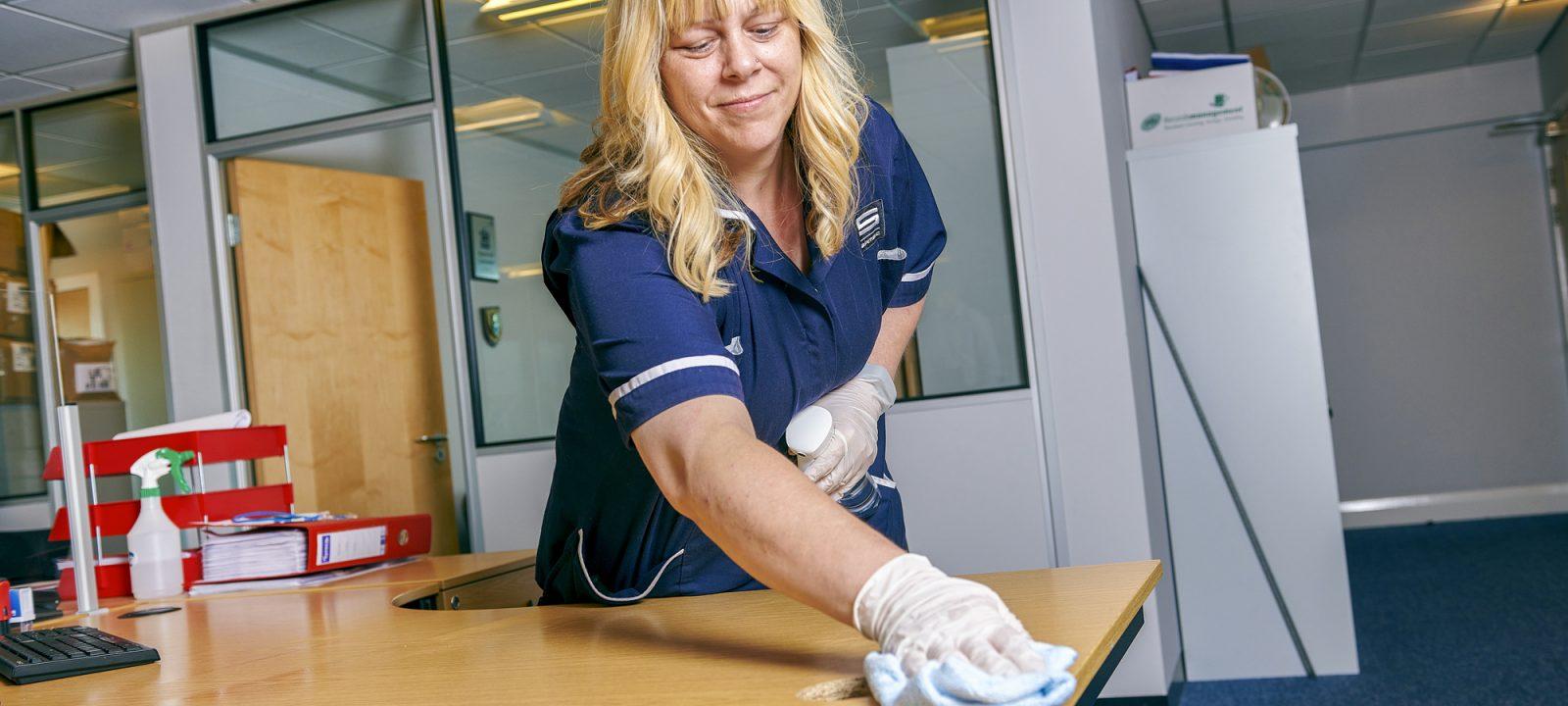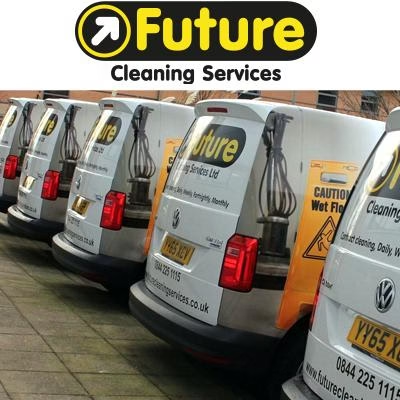
At dawn, when terraced streets are just waking and city glass is catching the first light, an invisible workforce is already at work: the cleaners who reset homes, offices, hospitals and schools for the day ahead. The UK’s cleaning services sector is a broad, quietly efficient ecosystem-ranging from solo specialists with a loyal local clientele to nationwide companies coordinating thousands of site visits-linking everything from end-of-tenancy deep cleans to daily commercial maintenance, industrial hygiene and clinical-grade protocols.
Choosing a provider in this landscape is less about polish and more about proof. Standards, training and safety accreditations, environmental commitments, data protection in keyholder services, insurance, and transparent pricing models all matter. So do practicalities: response times, consistency of teams, DBS checks where needed, and the flexibility to handle seasonal spikes or specialist tasks. With sustainability and smart scheduling technology moving from “nice to have” to baseline expectations, the market blends traditional diligence with modern tools.
This article maps the essentials of working with a cleaning services company in the UK-what services exist, how quality is measured, what regulations shape the work, typical costs and contracts, and how to evaluate providers with confidence-so you can make a clear, informed choice, whether you’re managing a single flat or a nationwide estate.
Table of Contents
- The UK Cleaning Market Explained: Sectors Served, Trusted Accreditations, and Compliance Essentials
- Choosing the Right Service Mix and Schedule: Scope of Work Templates, Frequency Plans, and a Pre Contract Checklist
- Pricing Without Surprises: Benchmarking Fair Rates, Line Item Quotes, and Protective Contract Clauses
- Delivering Quality and Sustainability: Measurable KPIs, Staff Vetting Standards, and Eco Safe Product Choices
- The Conclusion
The UK Cleaning Market Explained: Sectors Served, Trusted Accreditations, and Compliance Essentials
Demand spans every building type in Britain, from Grade A offices to GMP-adjacent production lines. Buyers typically prioritise reliability, auditability, and fit-for-purpose methods over flashy gimmicks. Common environments include:
- Corporate & Co-working: daytime housekeeping, touchpoint hygiene, out-of-hours deep cleans.
- Healthcare & Labs: colour-coding, infection control protocols, sharps awareness, clinical waste liaison.
- Education & Public Sector: term-time schedules, safeguarding-aware rotas, secure key-holding.
- Retail & Leisure: high-footfall sanitisation, washroom standards, rapid spill response.
- Industrial & Logistics: machinery-adjacent cleaning, floor care for MHE traffic, dust control.
- Construction & Fit-Out: sparkle cleans, phased handovers, CSCS-compliant personnel.
- Hospitality & Food Sites: HACCP-aware routines, kitchen extract hygiene, night teams.
- Property & FM Portfolios: multi-site mobilisation, uniform SLAs, data-backed reporting.
Procurement teams look for verifiable competence and safe systems of work that stand up in audits and tenders. The credentials below are widely recognised, often requested in PQQs, and help de-risk supplier selection:
| Accreditation | What it signals |
|---|---|
| BICSc | Trained operatives; standardised, safe cleaning methods |
| ISO 9001 / 14001 / 45001 | Quality, environmental, and H&S management systems |
| SafeContractor / CHAS | SSIP H&S prequalification and risk management |
| Constructionline (Gold) | Supply-chain vetting, policies, financial checks |
| NCCA / TR19® Grease | Specialist carpet care and kitchen extract compliance |
- Compliance essentials: RAMS for each site, COSHH inventories, up-to-date SDS, PAT for equipment, right-to-work and DBS where required, Employers’ and Public Liability insurance, waste carrier registration and transfer notes, GDPR-safe key/FOB handling, IPAF/PASMA for height work, and TUPE-ready onboarding for smooth contract transitions.
Choosing the Right Service Mix and Schedule: Scope of Work Templates, Frequency Plans, and a Pre Contract Checklist
Build a service blueprint that mirrors your site’s traffic patterns and hygiene risks. Start by mapping zones and pairing them with a clear scope, measurable KPIs, and defined deliverables-from daily touchpoint disinfection to quarterly high-level dusting. Use modular templates so each area has its own inclusions, exclusions, methods, and materials; this keeps audits simple and makes change requests fast, without breaking continuity or compliance.
| Zone | Core Tasks | Typical Frequency | Note |
|---|---|---|---|
| Reception | Touchpoint wipe, floors, glass | Daily | Peak-time top-ups |
| Washrooms | Sanitise, replenish, bins | 2-4x Daily | High-traffic trigger cleans |
| Workstations | Desks, phones, spot-vac | 3x Weekly | Deep clean monthly |
- Template essentials: method statements, product list, inclusions/exclusions, access hours, site risks.
- Performance: clear SLAs, scoring matrix, photo evidence rules, rectification timelines.
- Sustainability: chemical dilution controls, microfiber rotation, waste segregation.
Balance rhythms that work-daily, weekly, monthly, and periodic-against real utilisation data, not guesswork. Build a frequency plan that flexes for seasonal surges, events, and compliance needs in the UK (think COSHH handling, safeguarding where relevant, and waste duty of care). Before onboarding, run a quick pre-contract sweep to de-risk mobilisation and set a realistic schedule that your team can deliver consistently.
- Pre-contract checklist: site survey with meterage, materials inventory, and staffing map.
- Compliance pack: insurance certificates, RAMS, DBS where required, training records.
- Operations: access times, security brief, consumables ownership, washroom dosing plan.
- Commercials: holiday/absence cover, equipment maintenance, call-out rates, KPI review cadence.
- People & Legal: onboarding timeline, mobilisation checklist, TUPE (if applicable), data and key control.
Pricing Without Surprises: Benchmarking Fair Rates, Line Item Quotes, and Protective Contract Clauses
Clarity starts with context: benchmark what you pay against the UK market by matching like-for-like scope, frequency, and building type. Look for signals of value such as BICSc-trained teams, Living Wage compliance, insurance certificates, and sustainability add-ons (e.g., eco detergents and low-water methods). Consider regional variation (a London weighting is common), whether a provider is VAT registered, and if they include consumables. Request recent references and measure proposals against clear outputs-cleanable area, risk level, and periodic tasks-so your comparison is fair, not fuzzy.
| Service | Unit | Indicative Rate (GBP) |
|---|---|---|
| Regular office clean | per hour | £16-£25 |
| Domestic weekly | per hour | £15-£22 |
| Deep clean | per job (2-3 bed) | £180-£320 |
| End of tenancy | per property | £140-£380 |
| Carpet clean | per room | £25-£45 |
- Benchmark checklist: match scope, confirm hours and headcount, verify training, check VAT/insurances, and ask for recent KPIs.
To keep invoices predictable, insist on line-item quotes that separate labour hours, materials/consumables, equipment hire, waste disposal, travel/parking, specialist tasks (e.g., high-level, biohazard), and VAT. Pair that with protective, plain-English clauses so you only pay for what you agreed and get the standards you expect. Define KPIs and acceptance criteria, specify a re-clean window, and include a price review formula tied to a transparent index (such as CPI or the National Living Wage) rather than open-ended increases.
- Scope control: change requests priced via written variations before work proceeds.
- Service levels: measurable KPIs, audit cadence, and remedies (re-clean or credit).
- Staffing assurance: DBS checks where required, right-to-work, and named supervision.
- Compliance: H&S, COSHH, RAMS provided; incident reporting within set timeframes.
- Insurance: public/employers’ liability limits stated; evidence on renewal.
- Access & security: key-holding procedures and liability clarity.
- Cover & continuity: holiday/sickness cover and response times for call-outs.
- Pricing guardrails: overtime caps, out-of-hours multipliers, and travel/parking rules.
- Data & confidentiality: GDPR-compliant handling of site information.
- Termination: fair notice, rectification periods, and handover obligations (incl. TUPE where applicable).
Delivering Quality and Sustainability: Measurable KPIs, Staff Vetting Standards, and Eco Safe Product Choices
Across the UK, we translate promises into proof with a framework that blends measurable KPIs, rigorous staff vetting, and verified eco‑safe products. Service quality is tracked in real time-think re‑clean rate, response times, and ATP hygiene pass scores-while every team member steps on site only after documented right‑to‑work and DBS checks, skills validations, and supervised inductions. Our product library prioritises EU Ecolabel and Nordic Swan certified solutions, COSHH‑assessed, low‑VOC, and paired with closed‑loop dosing and durable microfibre to reduce waste without compromising finish.
- Performance KPIs: On‑time start SLA ≥ 98%, re‑clean rate ≤ 2%, ATP pass ≥ 90%
- Vetting Standards: DBS and right‑to‑work verified, references checked, BICSc‑aligned training, shadow shifts completed
- Eco Choices: Ecolabel detergents, biodegradable packaging, refill systems, fragrance‑free options for sensitive sites
| Focus | Target | Frequency |
|---|---|---|
| Re‑clean rate | ≤ 2% | Weekly |
| ATP hygiene pass | ≥ 90% | Weekly |
| On‑site start SLA | ≥ 98% | Daily |
| CO₂e per visit | Down YoY | Monthly |
| DBS & RTW verified | 100% | Onboarding |
| Ecolabel products | 100% | Procurement |
This joined‑up approach keeps sites compliant, clean, and kinder to the planet: digital audits timestamp every task, supervisors coach to uplift standards, and product selections are tailored by risk profile-schools, healthcare, and offices receive the right chemistry at the right dilution. By converting data into action and pairing skilled people with safer materials, we deliver consistency you can see and sustainability you can measure.
The Conclusion
As the last smudge disappears and the lights click off, the true value of a cleaning partner is in what you no longer have to think about. Across the UK-whether it’s a terraced home, a high street café, or a multi-site office-providers vary widely in scope and specialism, but the essentials remain the same: reliability, transparency, and standards that hold up under daylight.
Before you choose, weigh more than price. Look at scope of work and measurable outcomes, training and accreditations (BICSc, CHAS or SafeContractor), insurance and DBS checks, COSHH-aware practices, and environmental commitments that go beyond buzzwords. Seek clear contracts, fair T&Cs, and references that match your setting-domestic, commercial, or specialist. When these pieces align, cleaning shifts from a chore to an assurance: safe, compliant, consistent.
In the end, a well-kept space is the quiet backdrop to everything else you do. Pick a company that lets cleanliness fade into the fabric of your day-present, dependable, and almost invisible.
